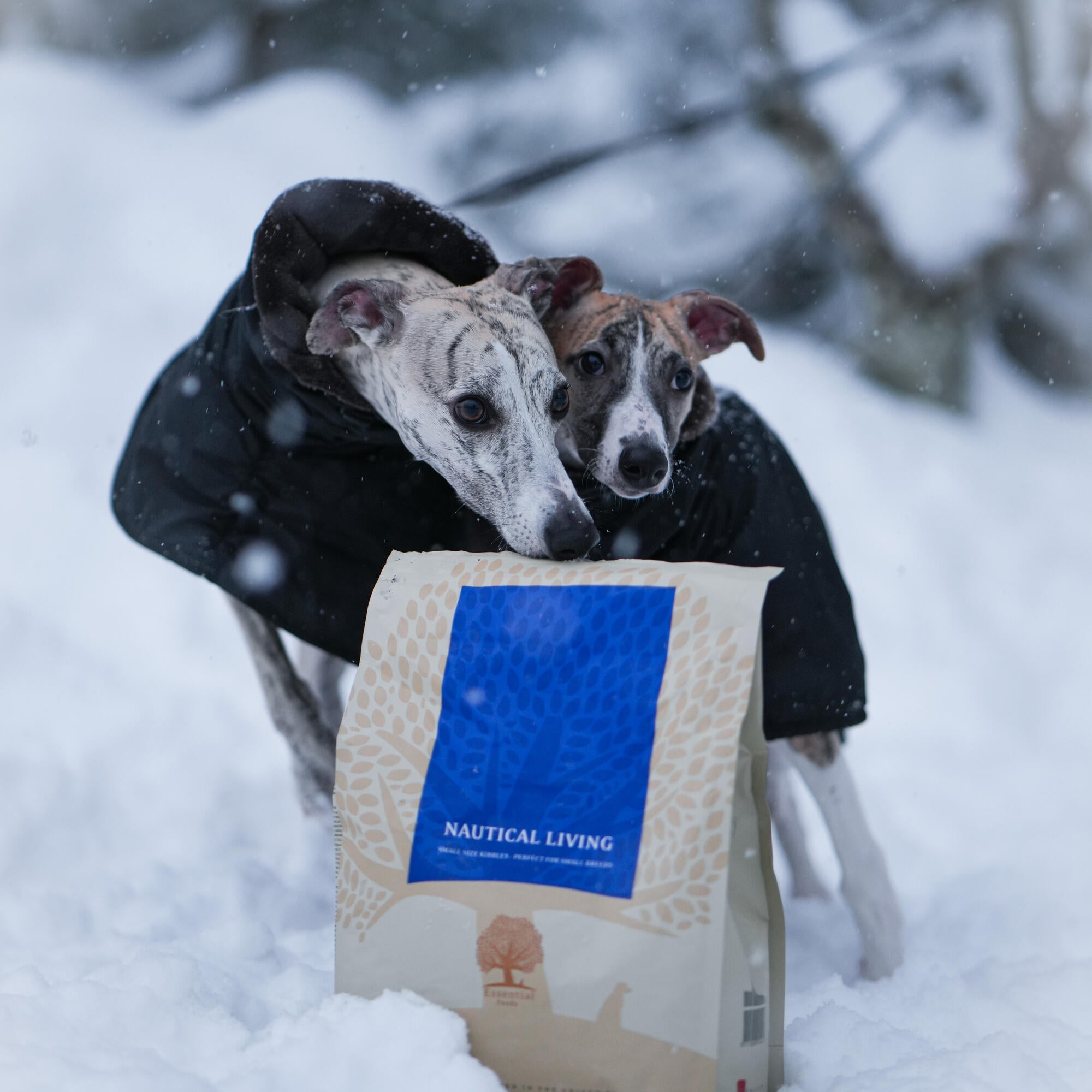Your Cart is Empty

When considering the best food options for senior dogs, the debate often centers around whether natural dog food is superior to kibble. To answer this, we need to explore the specific needs of older dogs and how different types of food meet these needs.
Natural dog foodis often lauded for its high-quality ingredients, minimal processing, and absence of artificial additives. For senior dogs, a diet that is grain-free can be particularly beneficial. Grain-free dog food typically replaces grains with more easily digestible alternatives like sweet potatoes or legumes, which can help maintain a senior dog’s energy levels and digestive health.
Another crucial factor is the inclusion of omega-3 fatty acids in natural dog food, which are essential for maintaining joint health, reducing inflammation, and supporting cognitive function in older dogs. Additionally, natural dog food often features higher levels of protein. This is especially important for senior dogs to maintain muscle mass and overall health.
Kibble, while convenient and often more affordable, can vary significantly in quality. Many kibble options include fillers and grains that are not necessary for a dog's diet and can sometimes lead to allergies or digestive issues, particularly in older dogs.
Senior dog fooddesigned specifically for older dogs is generally considered the best option. This type of food often has a high-meat content, excellent palatability, and is tailored to meet the specific dietary needs of senior dogs. It includes all the benefits of natural dog food, such as being grain-free and rich in omega-3s, but is formulated with an older dog’s metabolism and health in mind.
For senior dogs, a diet focused on 'older' dog food is the best choice. This type of food combines the benefits of being grain-free, high in omega-3s, having higher protein levels, and offering a biologically appropriate diet with high meat content. These elements work together to ensure that senior dogs maintain their health, energy, and overall well-being.


